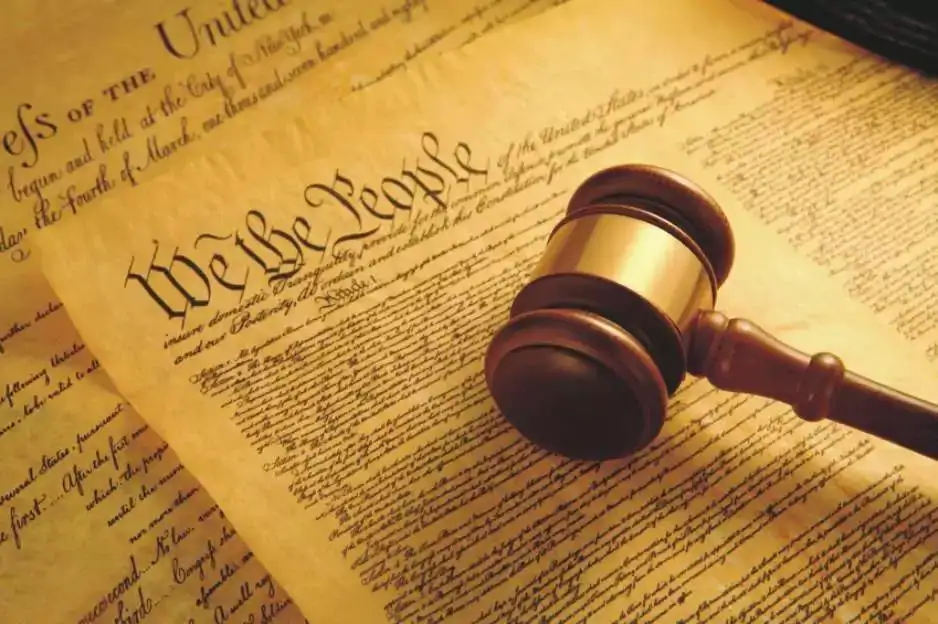Social Issues & Initiatives
Fundamental rights in India are over stressed while Fundamental Duties are under emphasized

Recent times India has witnessed many debates and discussions regarding our fundamental rights and Fundamental duties. Be it Right to Privacy, Triple Talaq or CAA, controversies have surfaced and people asked and dabbled few questions in their mind. Amidst such controversies, we have tried to go to our origin and drafting of the Indian constitution to understand the underneath meanings of framing of different regulations and articles. Among them, I have considered the fundamental and fundamental duties to substantiate the discussions.
The Fundamental Rights are defined as the basic human rights of all citizens. These rights, defined in Part III of the Constitution, applied irrespective of race, place of birth, religion, caste, creed, or gender. They are enforceable by the courts, subject to specific restrictions.
The Fundamental Duties’ are defined as the moral obligations of all citizens to help promote a spirit of patriotism and to uphold the unity of India. These duties set out in Part IV–A of the Constitution, concern individuals and the nation. Like the Directive Principles, they are not enforceable by courts unless otherwise made enforceable by parliamentary law.
When FRs are engrafted at the same time Government need to ask for certain contributions from its citizen in the form of FDs. The only point of disagreement is its enforceability but in a democratic setup, the Government has taken every possible measure to understand the need of its citizens and their positions in the various circumstances to make fundamental duties obligatory and enforceable.
The founding father of the Indian constitution while framing it has taken utmost sincerity and seriousness to formulate the fundamental rights but later on by the 42nd Constitutional Amendment Act, 1976 as per recommendation by the Swaran Singh committee introduce the fundamental duties in the lines of Russian Government constitution.
The Fundamental rights are neither overstressed or Fundamental duties are underemphasized in the constitution. Each of them has well placed with all efficacy and essence to uphold the constitution.
For instance, Article 32 provides timely remedies to citizens for any violation of fundamental rights with the help of habeas corpus, mandamus, prohibition, certiorari, and quo-warranto. Similarly in case of fundamental duties Govt tried to inculcate national spirit and integrity in a democratic setup. These are moral obligations rather judicial enforcement for which some of the deprived and vulnerable sections of society can suffer in any means.
Lastly apart from USSR(now Russia) and Japan all other nations in the world do not have such provisions such as fundamental duties whereas the lengthiest constitution with all probable befitting measures is taken by our framers.





























